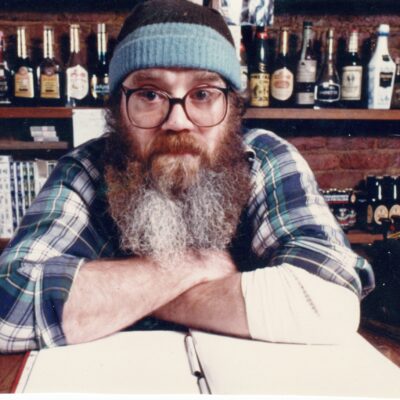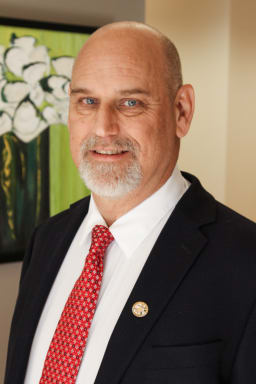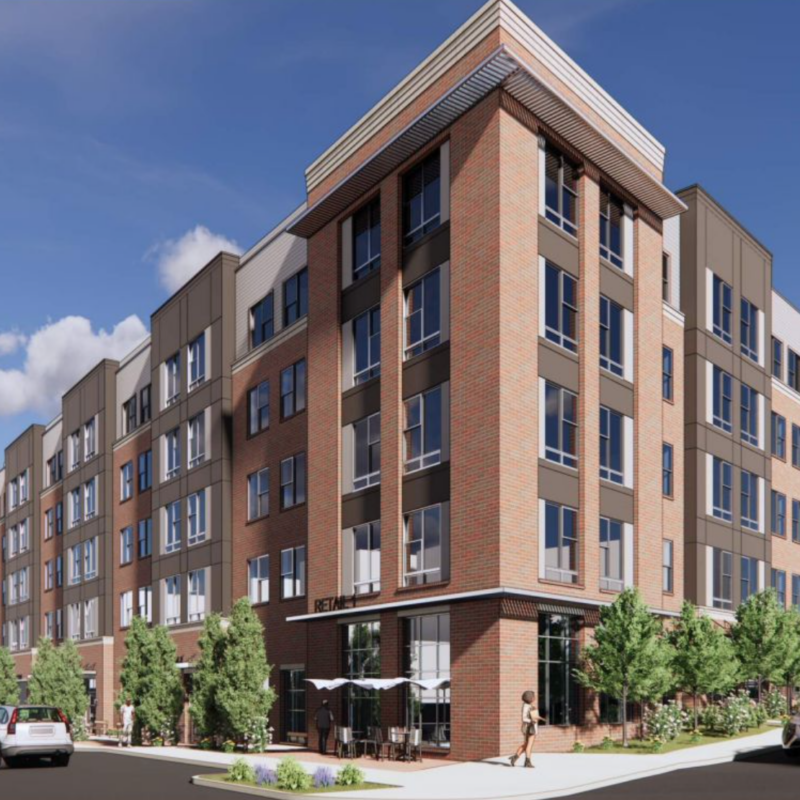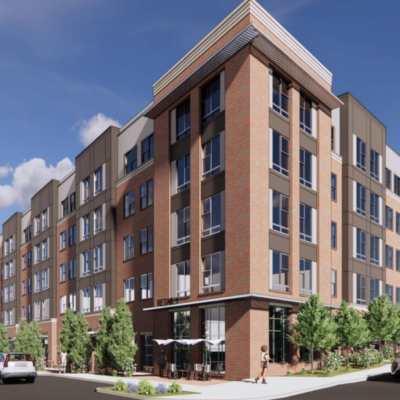A chorus of “We gon’ be alright” bounced out of DJ Flatline and DJ Double U’s speakers, signaling the beginning of Saturday’s Black Joy Fest.
The festival was the first event hosted by the newly formed Charlottesville Black Youth Action Committee. Young people tossed beanbags back and forth at a set of Dallas Cowboys cornhole boards. Tubs of Ben & Jerry’s sat on a table in the tent, and Angelic’s Kitchen served soul food from a truck.
The activists emphasized that this event was a supposed to have a light atmosphere, but the group’s larger goals are serious, says local activist and committee member Zyahna Bryant.
“The committee was established by five young Black girl students, all local Charlottesville students,” Bryant says. “We wanted to address issues of policing and education in the Charlottesville community, so that people can understand that there’s a deep connection between the deaths of George Floyd, Breonna Taylor, and Ahmaud Arberry, and the local issues we have every day through systems and structures.”
For three hours in the early evening, the event occupied the road at the intersection of Preston and Grady avenues, with volunteers’ cars forming a barrier around the gathered crowd. Police were largely invisible from the intersection, having established a light presence at the bottom of the Preston Avenue hill.
When asked about the connection between the Black Joy Fest, which was held on August 8, and the upcoming three-year anniversary of Unite the Right, Bryant says taking up space in the city remains an important goal of young activists.
“Washington Park is a historically Black park,” she says. “We’re also right outside of two Black neighborhoods, there’s the 10th and Page neighborhood and there’s the Grady Avenue neighborhood. In a space that’s heavily gentrified such as this, we wanted to reclaim this space and make it clear that this is a space for Black joy and Black existence.”
At one point, the young organizers drew the crowd together for a brief teach-in.
Bryant urged the gathered community members to tune in to local government and school board meetings, and to keep an eye on local elections. In pamphlets distributed to the attendees, the organizers cited the school-to-prison pipeline as an example of the need for systemic change.
Bryant also asked that allies help in less formal settings. “When we say spend your privilege, we mean pull over and watch the cops when they’re arresting Black people,” she said.
Zaneyah Bryant, another member of the committee who is herself a high schooler, said the group hopes to get more young activists involved in making change around the city. “These are our streets,” she said. “We should be able to feel how we want to feel in our streets and our town.”
At the end of the teach-in, just before the music and dancing resumed, the committee led the crowd in a call and response invocation from the revolutionary activist Assata Shakur.
“It is our duty to fight for our freedom,” the crowd said. “It is our duty to win. We must love each other and support each other. We have nothing to lose but our chains.”




